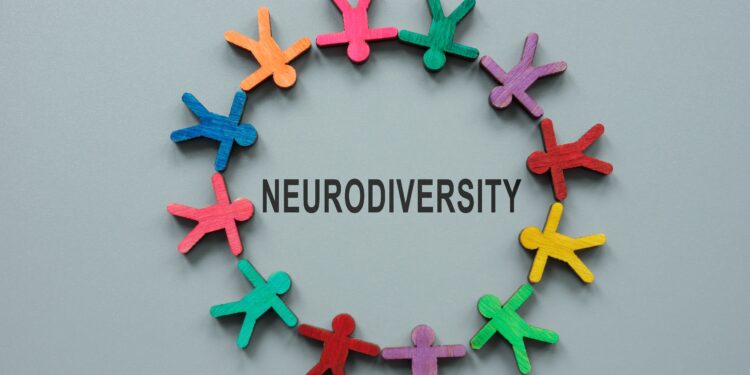Legal & General Group Protection has launched its neurodiversity pathway, as part of its Be Well. Get Better. Be Supported integrated wellbeing support framework.
The neurodiversity pathway, which is a component of the group income protection (GIP) claims proposition, is intended for workers who miss work because of an underlying neurodiverse disorder that either contributed to their absence or was made worse by it. HR and Line Managers can also get training, information, and assistance to help them be better prepared to support workers, whether they are present at work or not.
Legal & General’s neurodiversity support for long-term absent employees covered by their group income protection through their employer, includes clinical assessment by vocational clinical specialists to assess whether early intervention and referral to mental health specialist partner Onebright is appropriate.
It also includes return-to-work support and planning by liaising with employee and employer at an early stage to help explore reasonable adjustments, an additional yearly support package for those assessed as needing enhanced support upon returning to work referral to neurology rehabilitation expert partner Krysalis, where long-term rehabilitative support is clinically indicated and a range of wellbeing support and information from Legal & General’s employee assistance programme and links to relevant charities and community support networks across the UK.
Support for the business includes training for line managers and HR to give them the tools to help them intervene early in an employee’s absence, helping them understand neurodiverse conditions; contacts for help and signposting; awareness materials; bespoke return to work plans; employer visits and discussions around reasonable adjustments.
Support is also provided to HR and Line Managers whether employees are absent or not, in terms of information and signposting on neurodiverse conditions. This is available via Legal & General’s Be Well helpline; a direct line to vocational clinical specialists, nurses, physiotherapists, occupational health advisers and occupational therapists. The helpline may also be used for guidance and recommendations on health risk assessments and workplace adjustments.
Legal & General Group Protection claims & governance director Vanessa Sallows says: “Creating a culture of diversity and inclusion is essential to supporting employees to be themselves, managing any challenges they face and bringing their attributes and skills to the fore.
“We’re proud to bring to market our new neurodiversity pathway, helping employers respond to the individual needs of their neurodiverse employees. It further evolves our outcomes-focused Be Well. Get Better. Be Supported framework, which looks at the whole person – as opposed to viewing wellbeing in silos – centring on how the individual’s wellbeing impacts their ability to function within the workplace.
“The word ‘individual’ is key here. Successful wellbeing support programmes rest on matching services to need, and employee input is an important part of the design as it helps to drive relevance and therefore engagement. Our latest Wellbeing at Work Barometer found a 20-percentage point disparity between employer and employee views on how well their organisation’s benefits and services supported diversity and inclusion goals, which may indicate that employee input needs to be strengthened. A net rating of ‘good’ was given by 77% of employers in comparison to only 57% of employees.”





